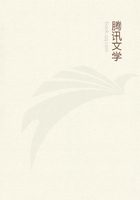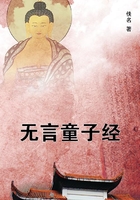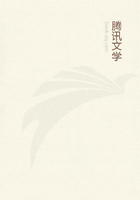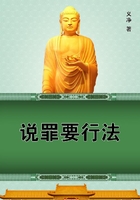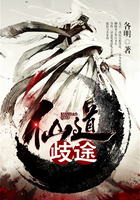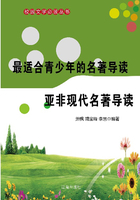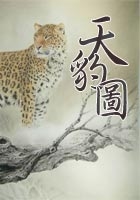In those superficial amenities with which we more particularly link our idea of civilization, these peoples continued to grow. Their refinement, if failing to reach our standard in certain respects, surpasses ours considering the bare barbaric basis upon which it rests. For it is as true of the Japanese as of the proverbial Russian, though in a more scientific sense, that if you scratch him you will find the ancestral Tartar. But it is no less true that the descendants of this rude forefather have now taken on a polish of which their own exquisite lacquer gives but a faint reflection. The surface was perfected after the substance was formed. Our word finish, with its double meaning, expresses both the process and the result.
There entered, to heighten the bizarre effect, a spirit common in minds that lack originality--the spirit of imitation. Though consequent enough upon a want of initiative, the results of this trait appear anything but natural to people of a more progressive past.
The proverbial collar and pair of spurs look none the less odd to the stranger for being a mental instead of a bodily habit. Something akin to such a case of unnatural selection has there taken place.
The orderly procedure of natural evolution was disastrously supplemented by man. For the fact that in the growth of their tree of knowledge the branches developed out of all proportion to the trunk is due to a practice of culture-grafting.
From before the time when they began to leave records of their actions the Japanese have been a nation of importers, not of merchandise, but of ideas. They have invariably shown the most advanced free-trade spirit in preferring to take somebody else's ready-made articles rather than to try to produce any brand-new conceptions themselves. They continue to follow the same line of life.
A hearty appreciation of the things of others is still one of their most winning traits. What they took they grafted bodily upon their ancestral tree, which in consequence came to present a most unnaturally diversified appearance. For though not unlike other nations in wishing to borrow, if their zeal in the matter was slightly excessive, they were peculiar in that they never assimilated what they took. They simply inserted it upon the already existing growth. There it remained, and throve, and blossomed, nourished by that indigenous Japanese sap, taste. But like grafts generally, the foreign boughs were not much modified by their new life-blood, nor was the tree in its turn at all affected by them. Connected with it only as separable parts of its structure, the cuttings might have been lopped off again without influencing perceptibly the condition of the foster-parent stem. The grafts in time grew to be great branches, but the trunk remained through it all the trunk of a sapling. In other words, the nation grew up to man's estate, keeping the mind of its childhood.
What is thus true of the Japanese is true likewise of the Koreans and of the Chinese. The three peoples, indeed, form so many links in one long chain of borrowing. China took from India, then Korea copied China, and lastly Japan imitated Korea. In this simple manner they successively became possessed of a civilization which originally was not the property of any one of them. In the eagerness they all evinced in purloining what was not theirs, and in the perfect content with which they then proceeded to enjoy what they had taken, they remind us forcibly of that happy-go-lucky class in the community which prefers to live on questionable loans rather than work itself for a living. Like those same individuals, whatever interest the Far Eastern people may succeed in raising now, Nature will in the end make them pay dearly for their lack of principal.
The Far Eastern civilization resembles, in fact, more a mechanical mixture of social elements than a well differentiated chemical compound. For in spite of the great variety of ingredients thrown into its caldron of destiny, as no affinity existed between them, no combination resulted. The power to fuse was wanting. Capability to evolve anything is not one of the marked characteristics of the Far East. Indeed, the tendency to spontaneous variation, Nature's mode of making experiments, would seem there to have been an enterprising faculty that was exhausted early. Sleepy, no doubt, from having got up betimes with the dawn, these dwellers in the far lands of the morning began to look upon their day as already well spent before they had reached its noon. They grew old young, and have remained much the same age ever since. What they were centuries ago, that at bottom they are to-day. Take away the European influence of the last twenty years, and each man might almost be his own great-grandfather. In race characteristics he is yet essentially the same. The traits that distinguished these peoples in the past have been gradually extinguishing them ever since. Of these traits, stagnating influences upon their career, perhaps the most important is the great quality of impersonality.
If we take, through the earth's temperate zone, a belt of country whose northern and southern edges are determined by certain limiting isotherms, not more than half the width of the zone apart, we shall find that we have included in a relatively small extent of surface almost all the nations of note in the world, past or present.
Now if we examine this belt, and compare the different parts of it with one another, we shall be struck by a remarkable fact.
The peoples inhabiting it grow steadily more personal as we go west.

